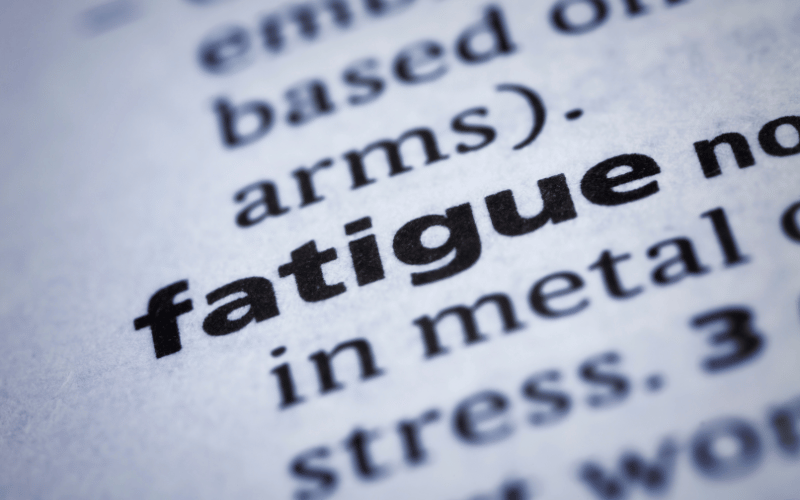Symptom 6: Fatigue

Fatigue in bronchiectasis is an all-encompassing symptom, affecting both physical and mental aspects of health. It stems from the chronic effort of the body to clear mucus, fight infections, and compensate for reduced lung function. This constant exertion depletes energy levels, leading to an overwhelming sense of tiredness.
Fatigue limits daily functioning, often making even simple tasks seem daunting. It can affect concentration, mood, and the ability to engage in social activities. This symptom is not just about feeling sleepy; it’s a deep-seated exhaustion that rest alone cannot resolve.
The chronic nature of fatigue can also have a psychological impact. It can lead to feelings of frustration, depression, or anxiety, affecting overall quality of life. The persistent tiredness can create a sense of helplessness, impacting an individual’s mental health.
Addressing fatigue involves a comprehensive approach, including optimizing lung function through medication and therapy, ensuring adequate nutrition and hydration, and maintaining a balanced exercise regimen. It’s also important to prioritize rest and manage stress effectively.
Adapting to life with fatigue requires a balanced lifestyle, where activities are paced according to energy levels. Support from healthcare providers, family, and friends is crucial in managing this symptom. Recognizing and addressing fatigue early can significantly improve an individual’s ability to cope with the challenges of bronchiectasis. (6)